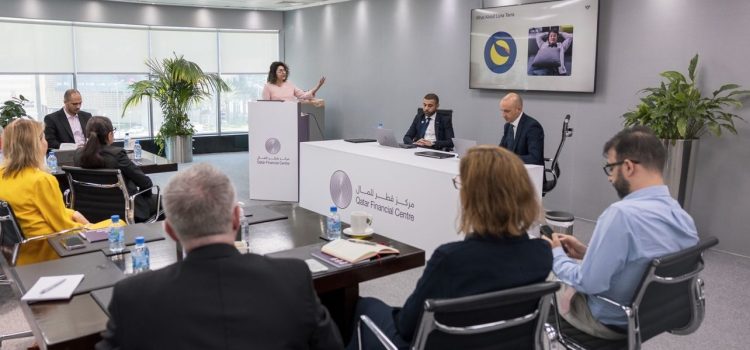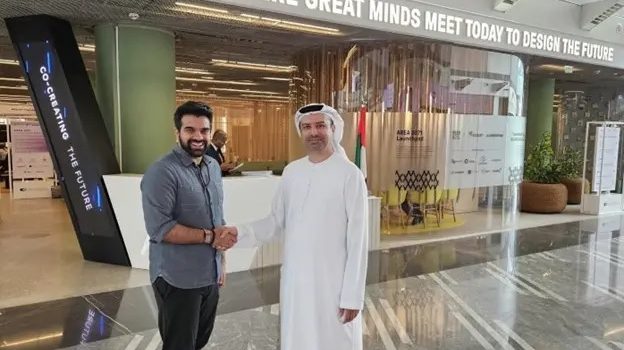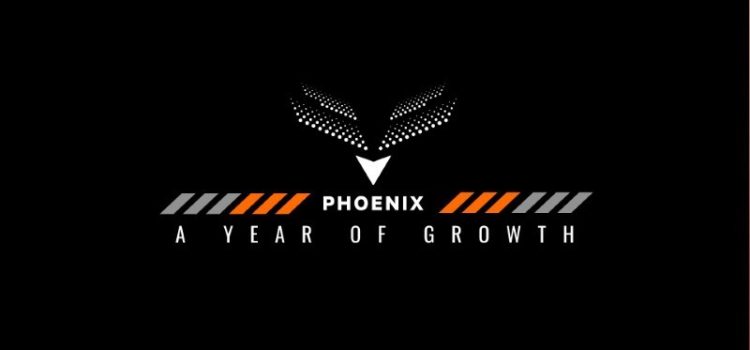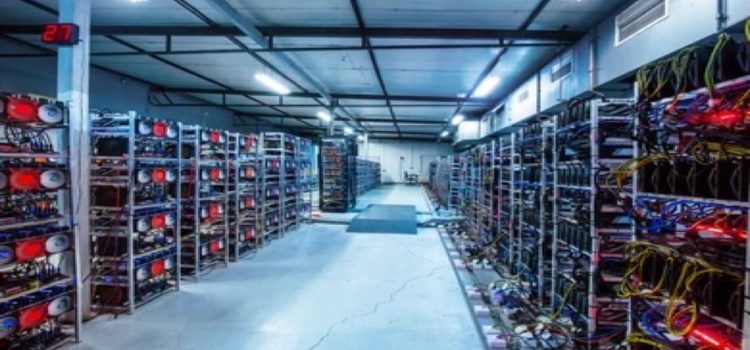
UAE and Bahrain regulated CoinMENA crypto broker has added Telegram’s The Open Network (TON) to its platform, allowing users to send USDT via the TON blockchain. According to the announcement CoinMENA becomes the first regional platform to enable USDT withdrawals via the TON network.
TON joins Ethereum’s ERC-20 and TRON’s TRC-20 as the third blockchain available to CoinMENA users for sending USDT.
CoinMENA Co-Founder and Managing Director Dina Sam’an expressed her excitement in a LinkedIn post saying “Users can seamlessly swap their local currencies to USDT at the most competitive market rates and send them to over 900 million Telegram users. I am extremely excited and proud of the team for mobilizing quickly and becoming the first regional platform to enable USDT withdrawals via TON just 10 days after Tether announced launching USDT on TON.”
CoinMENA Co-Founder and CEO Talal Tabbaa added “Stablecoins, particularly USDT, stand out as crypto’s “killer app,” constituting approximately 70% of on-chain transactions and providing access to U.S. dollars for millions worldwide. The rapid adoption of USDT regionally is unsurprising, given its superior and more convenient experience compared to traditional USD wire transfers. Additionally, with many regional currencies pegged to the dollar, using USDT as a medium of exchange mitigates exposure to FX risk. I’m thrilled about this addition and proud that CoinMENA is leading the charge as the first crypto company to offer this in the region”
The announcement adds that this aligns with CoinMENA’s mission to become the simplest and safest way to onboard people onto crypto by providing a reliable onramp to stablecoins, the most popular use case thus far.
CoinMENA has had a string of partnership announcements with formidable players over the past months. The crypto broker recently partnered with Zodia Markets, enhancing liquidity for its platform. It also partnered with Network international to offer secure onramp from Fiat to crypto, and even partnered with Onramp Bitcoin.

















